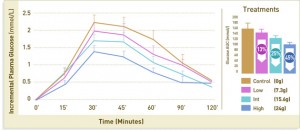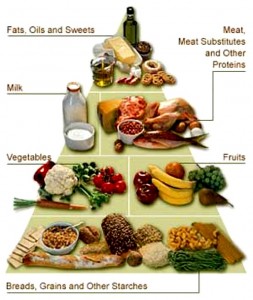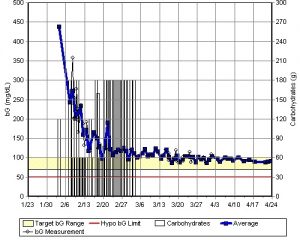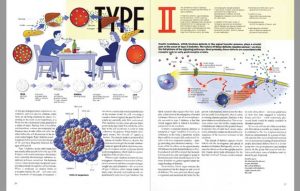Normal blood sugar chart

There is really no such thing as a set in stone normal blood sugar chart, since so called “normal” sugar levels can be affected by the patient’s weight, build, age, and other health conditions. Only a physician can determine what a normal blood sugar count is for the individual and it is of utmost importance that sugar levels be maintained as close to “normal” as possible to head off the myriad of detrimental effects that come from constantly elevated or decreased sugar levels. Though there are many places where there are examples of a normal blood sugar chart none should be used in lieu of advice from a doctor.
As a general rule the normal blood sugar count for a healthy person should be between 80 and 100 milligrams per deciliter. As stated before this is a general rule and cannot be applied to every person in every circumstance. When it comes to the correct answer for what a specific persons normal blood sugar count should be the person’s physician should be the one to make the ruling because they are familiar with all the person’s healthcare needs and how they may affect individuals normal blood sugar count. A normal blood sugar chart can be excellent for quick reference, as long as it is used in conjunction with medical advice.




